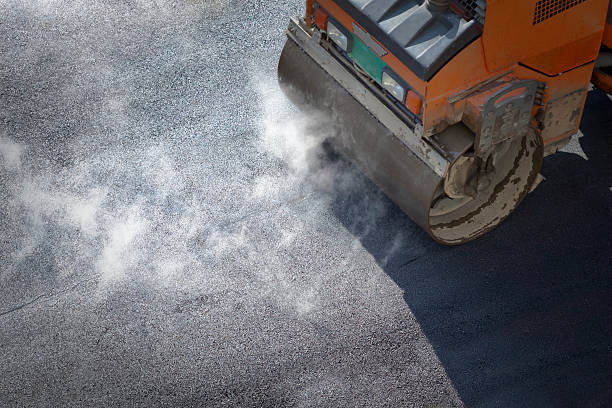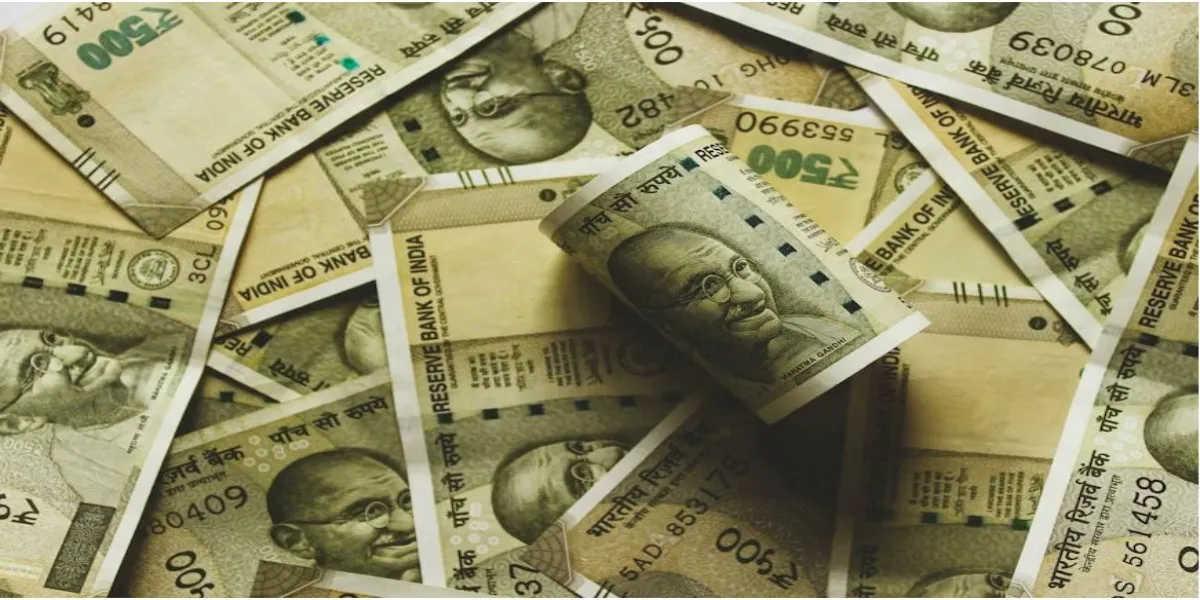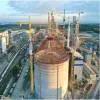
PWD rolls out German technology for relaying Kidderpore Road

Daikin Boosts Haryana’s Innovation Push with Rs 10 billion R&D Plan
Japanese multinational Daikin Industries has committed an investment of Rs 10 billion to set up a new research and development centre in Haryana. The proposed facility will focus on advanced technologies and sustainable industrial solutions, marking a significant boost to the state’s innovation and industrial ecosystem. The announcement follows the signing of a Memorandum of Understanding (MoU) in Osaka, Japan, during a visit by a Haryana government delegation held from October 6 to 8. The MoU was signed by Amit Kumar Agrawal, Commissioner and Secretary, Industries and Commerce Department, ..

Lloyds Metals to Build Rs 250 billion Steel Plant in Gadchiroli
Lloyds Metals & Energy Limited (LMEL) has announced an investment of Rs 250 billion aimed at transforming Gadchiroli in Maharashtra from a region once associated with the red corridor into a key industrial and growth hub. The company’s plans are centred on establishing an integrated steel production ecosystem, which will contribute significantly to regional development and employment. As part of its expansion strategy, LMEL is setting up a 4.5-million-tonne blast furnace in Gadchiroli, scheduled for completion by 2027–28, along with another 1.2-million-tonne facility in Chandrapur by 2029..

UPI Crosses 500 Million Users, Fuels MSME and Digital Growth
The Unified Payments Interface (UPI) has achieved a new milestone, surpassing 500 million consumers and 65 million merchants across India. The platform, developed by the National Payments Corporation of India (NPCI), has expanded its reach to nearly 99 percent of the country’s pin codes, underlining its deep penetration into both urban and rural markets. According to a report by NPCI and the Boston Consulting Group (BCG) launched during the Global Fintech Fest 2025, UPI has evolved from being a digital payments mechanism into a key enabler of financial inclusion and small business growth. I..
















